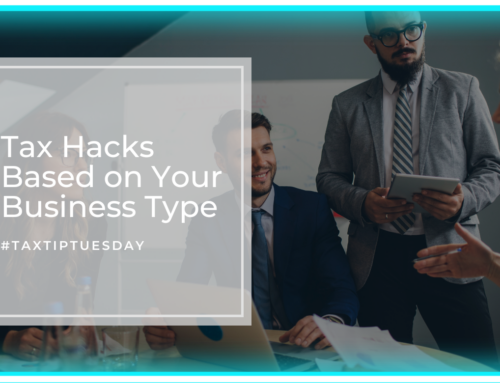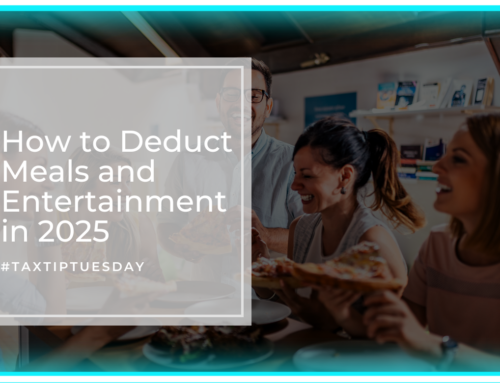Hi, I’m Bette Hochberger, CPA, CGMA, and for today’s #TaxTipTuesday, I’ll go over some common tax mistakes that real estate investors make and how you can avoid them to keep your investment journey smooth and financially sound. Investing in real estate can be a rewarding venture, offering great potential for profit and financial independence. However, navigating the world of taxes can be tricky, and making mistakes can cost you significantly.
Ignoring Deductions
One of the most significant advantages of real estate investment is the variety of deductions available to you. Many investors overlook these deductions, which can lead to paying more in taxes than necessary. Common deductible expenses include:
- Mortgage interest: You can deduct the interest paid on your mortgage, which can significantly reduce your taxable income.
- Property taxes: Don’t forget to deduct the property taxes you pay!
- Repairs and maintenance: Costs incurred for repairs to your property can also be deducted. Just make sure to keep detailed records!
To avoid missing out, maintain organized records of all your expenses and consult a tax professional to ensure you’re taking full advantage of available deductions.
Not Understanding Depreciation
Depreciation allows you to deduct the cost of the property over time, which can greatly reduce your taxable income. However, many investors fail to understand how depreciation works or forget to apply it.
To avoid this mistake, familiarize yourself with the depreciation schedule for your property. Generally, residential properties can be depreciated over 27.5 years, while commercial properties are depreciated over 39 years. Be sure to calculate this accurately and include it in your tax returns.
Neglecting 1031 Exchange Opportunities
If you’re selling one investment property and buying another, a 1031 exchange allows you to defer paying capital gains taxes on the sale. Many investors either don’t know about this option or don’t take the necessary steps to execute it properly.
To make the most of this opportunity, ensure that you understand the requirements of a 1031 exchange. You must reinvest the proceeds from your sale into a similar property within a specific timeframe. Consulting with a tax advisor experienced in real estate can help you navigate this process effectively.
Failing to Keep Accurate Records
Record-keeping is crucial in real estate investing. Without accurate records, you risk overlooking deductions or miscalculating your tax liabilities. This can lead to penalties or audits, which no one wants!
To avoid this, set up a system to track all income and expenses related to your real estate investments. Use accounting software, spreadsheets, or even a simple notebook—whatever works best for you. Just ensure you keep everything organized and accessible when tax season rolls around.
Not Seeking Professional Help
Lastly, many real estate investors underestimate the complexity of tax laws and choose to go it alone. While you might have a good grasp of real estate, tax regulations can be intricate and ever-changing.
To avoid costly mistakes, consider hiring a tax professional who specializes in real estate investments. They can guide you through the tax implications of your investments, help you maximize deductions, and ensure you remain compliant with tax laws.
Investing in real estate can be a fantastic way to build wealth, but it’s important to stay informed about the tax implications of your investments. By avoiding these common tax mistakes, you’ll not only save money but also set yourself up for a more successful and less stressful investment experience.
I hope you learned something new today. As always, stay safe, and I’ll see you next time!







